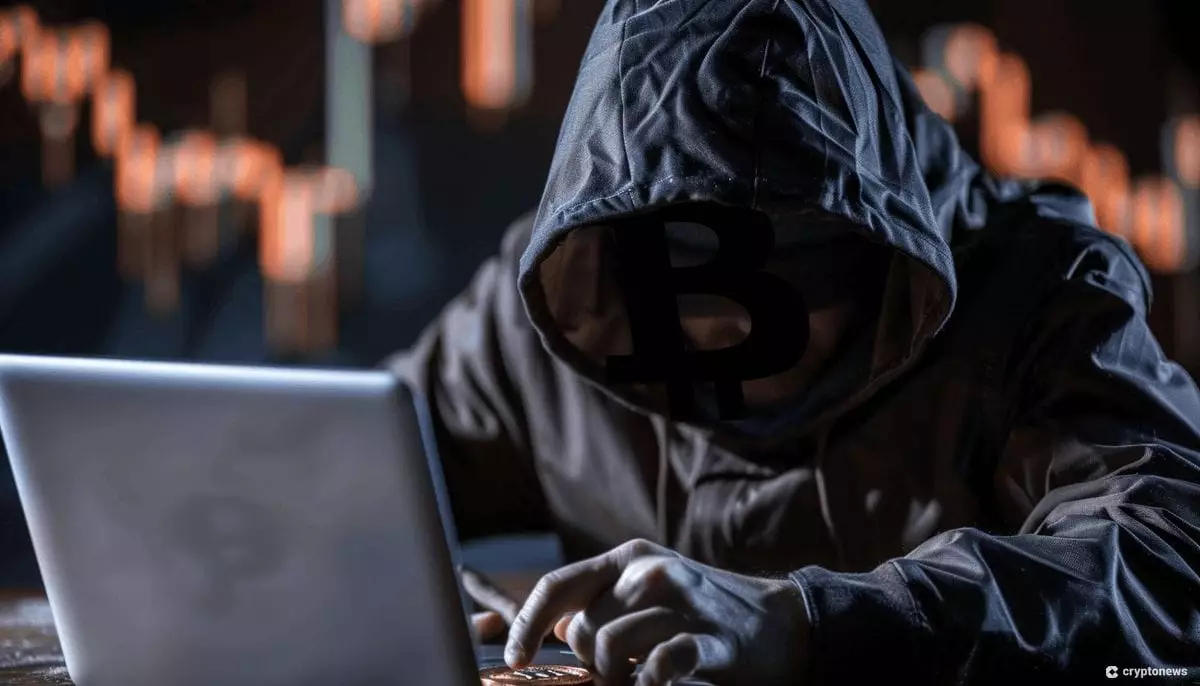In a recent incident involving popular crypto influencer GCR on Twitter, scammers managed to compromise their account and post misleading information about the price of the ORDI token. This resulted in temporary price surges for both the ORDI and Luna 2.0 tokens. Following the hack, GCR urged their followers to ignore any promotional content coming from their account. This incident sheds light on the vulnerability of social media accounts to hacking and manipulation for financial gain.
GCR raised concerns about a potential security breach at Twitter, suggesting that an employee might have been bribed to provide login credentials. This accusation points to the inherent risks associated with insider threats in tech companies. Despite efforts to enhance security measures, the incident underscores the challenges of preventing unauthorized access to user accounts on social media platforms.
The aftermath of the hack saw a brief surge in the price of the ORDI token, which climbed from $40 to $44 before quickly falling back to its original value. Similarly, Luna 2.0 experienced a momentary spike of 274%, indicating market volatility driven by fraudulent activities. The incident serves as a cautionary tale for investors and traders to remain vigilant in the face of sudden price fluctuations caused by external factors.
Crypto observers and analysts have speculated about the motives behind the recent hacks targeting crypto influencers. Some believe that these incidents are part of a larger scam aimed at exploiting the popularity of celebrities and influencers in the crypto space. As niche coins and meme tokens gain traction, there is a growing need for increased security measures to protect users from fraudulent schemes orchestrated by hackers.
The compromised accounts of influencers like GCR, Rich The Kid, and Caitlyn Jenner highlight the susceptibility of social media platforms to manipulation and fraud. The promotion of new tokens and coins without adequate verification can lead to market speculation and misrepresentation of investment opportunities. As the crypto market continues to evolve, individuals must exercise caution and conduct thorough due diligence before engaging in any transactions or investments based on influencer endorsements.
The prevalence of scams and hacks in the crypto community underscores the need for greater transparency, accountability, and cybersecurity measures. Educating users about the risks associated with sharing personal information online and engaging with unverified sources is crucial in mitigating the impact of fraudulent activities. As the industry matures, stakeholders must collaborate to establish industry-wide standards for security and compliance to foster trust and confidence among investors and participants in the crypto ecosystem.
The recent incidents involving the compromise of crypto influencers’ accounts serve as a wake-up call for the community to remain vigilant and proactive in addressing cybersecurity threats. By learning from past mistakes and implementing robust security protocols, stakeholders can safeguard their assets and uphold the integrity of the crypto market against malicious actors. The road to a secure and resilient crypto ecosystem requires collective efforts and a commitment to ethical practices that prioritize the protection of users and the integrity of the digital assets landscape.


Leave a Reply